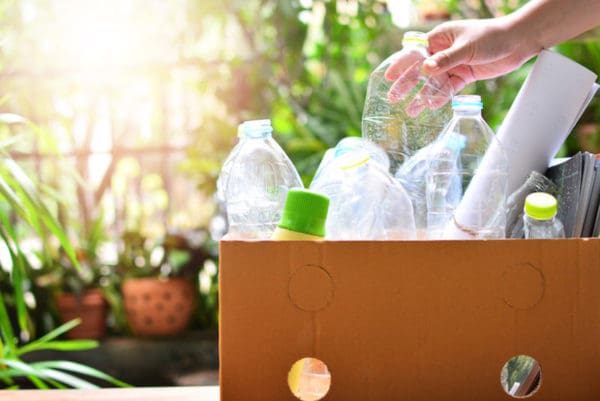State Approval of Landfill Expansion is Illegal
Wheelabrator cannot be allowed to ignore those whose lives are most directly affected by its proposal to expand its massive ash landfill in Saugus, Massachusetts.
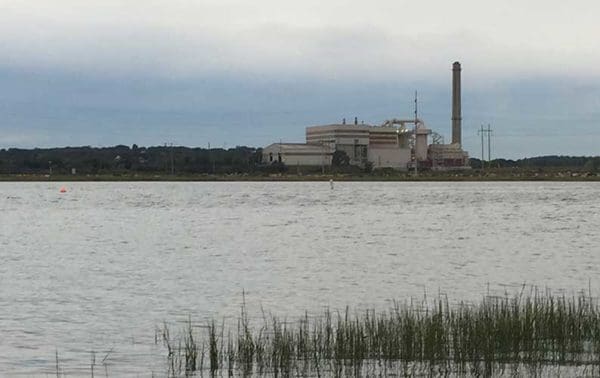
Wheelabrator cannot be allowed to ignore those whose lives are most directly affected by its proposal to expand its massive ash landfill in Saugus, Massachusetts.

Plastics are everywhere, and they aren’t all recyclable. Until there’s a new system that creates a structure for using less plastic from the beginning, here’s a handy guide to what can and can’t go in the bin.
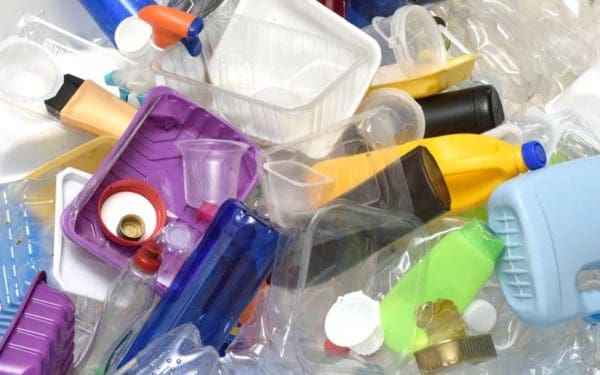
American recycling is in a crisis. But this crisis is a chance to create a better system for tomorrow. Today’s products and their packaging are often made from plastic and designed for disposal. By holding the producers of those products accountable for their polluting products, we can create a system that’s better for our communities and better for our planet.
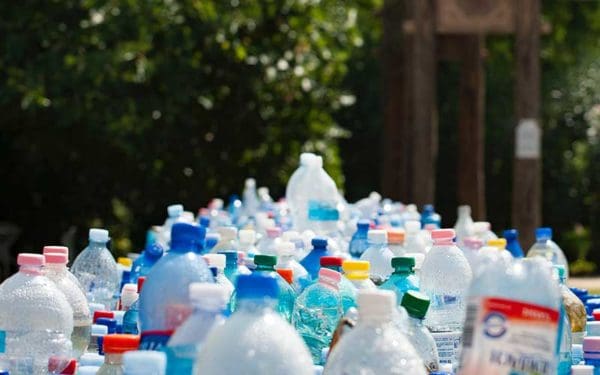
Kirstie Pecci of the Conservation Law Foundation said the movement to ban plastic bags is “really rolling right now.” She said advocates are not asking people to give up all plastic products but that most plastic is unnecessary and plastic bags are “one of the most replaceable items and should be the most low-hanging fruit.”
CLF is focusing this session on five critical areas of groundbreaking, proactive legislation: cutting carbon pollution, boosting clean transportation, reducing plastic pollution in our environment, and preparing our cities and towns for climate change impacts. Learn more about the bills before the legislature and how you can get involved.
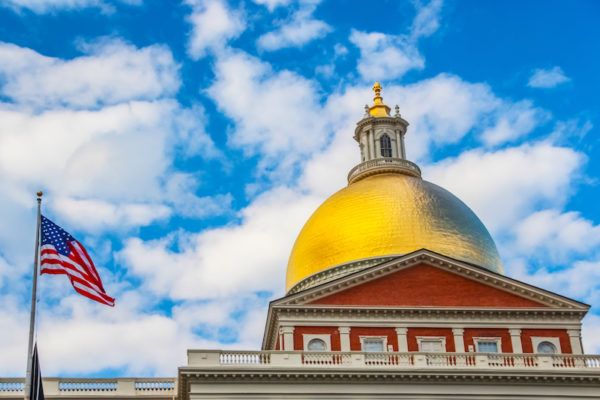
Food waste can be terribly damaging to the environment. CLF’s Zero Waste Project has some tried and true tips for minimizing your food waste this holiday season.

It’s time to take New England’s work reducing plastic pollution to the next level. CLF’s Zero Waste Project is launching our campaign to ban single-use plastic bags in all six New England states to create less pollution, cleaner coastlines, and healthier communities for all.
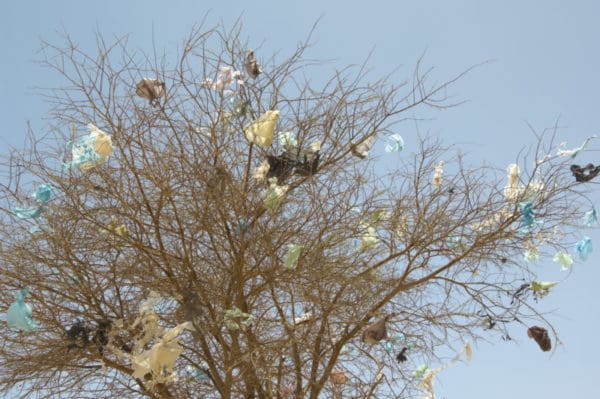
“There’s no reason why single-use plastic bags need to be a part of our daily lives,” said Kirstie Pecci, Director of the Zero Waste program at CLF. “Most bags end up filling our landfills, littering our communities and waters, and polluting our air when burned up in incinerators. The citywide ban in Boston is a good start, and we must also ensure that any ban does not burden our elderly or low-income neighbors. We have a real opportunity to end this waste and pollution throughout New England and we must act now.”
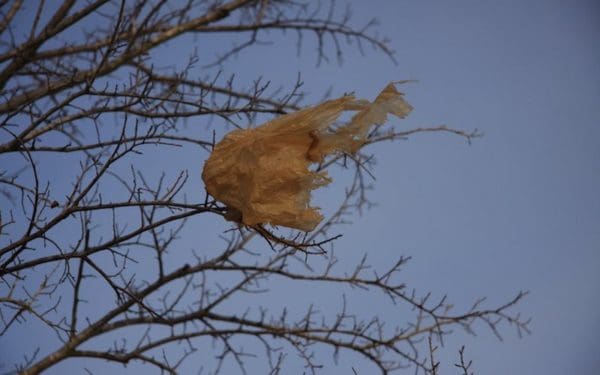
”Plastics create unsightly litter on land and are deadly in our oceans,” said Amy Moses, Vice President and Director of CLF Rhode Island. “Single-use plastics are made from fossil fuels and pollute our environment at every stage of their manufacture, use and disposal. We can’t recycle our way out of this problem. Rhode Island needs to ban these materials, and this task force is an important step in the right direction.”
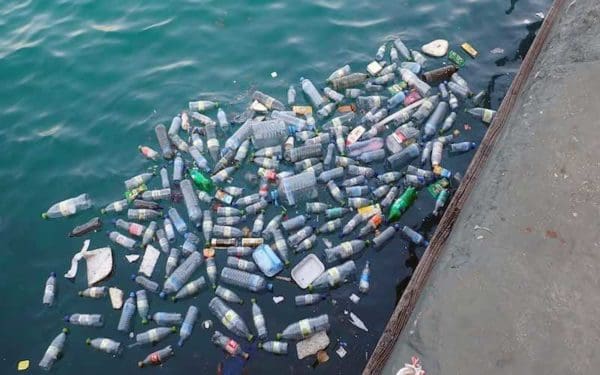
The Global Climate Action Summit is underway in San Francisco, California. Leaders from across the country – including CLF’s President, Bradley Campbell – and the globe have gathered to exchange ideas about how we can address the most pressing issue of our time: climate change. The Summit is also challenging cities and towns around the… Continue reading Five Ways Cities and Towns Can Slash Trash and Fight Climate Change
